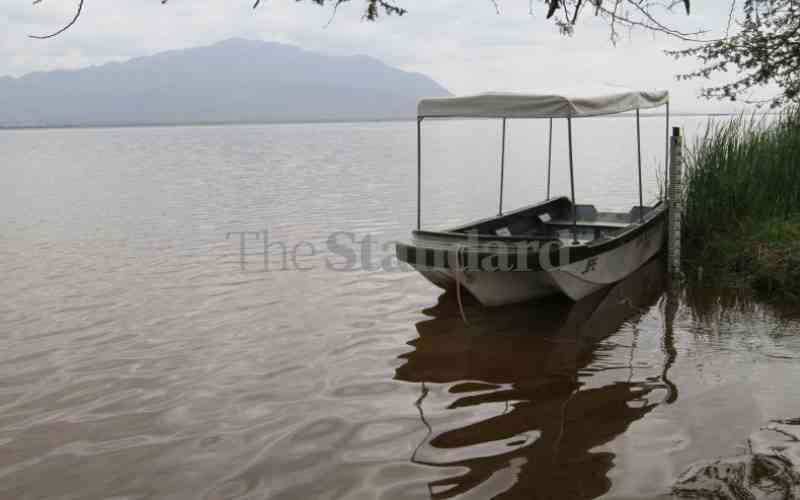×
The Standard e-Paper
Fearless, Trusted News

Lake Jipe in Taita Taveta County is on the verge of extinction due to massive siltation and other environmental concerns.
The watershed is an important transboundary wetland ecosystem at the border of Kenya and Tanzania covering an estimated area of 30 kilometres.